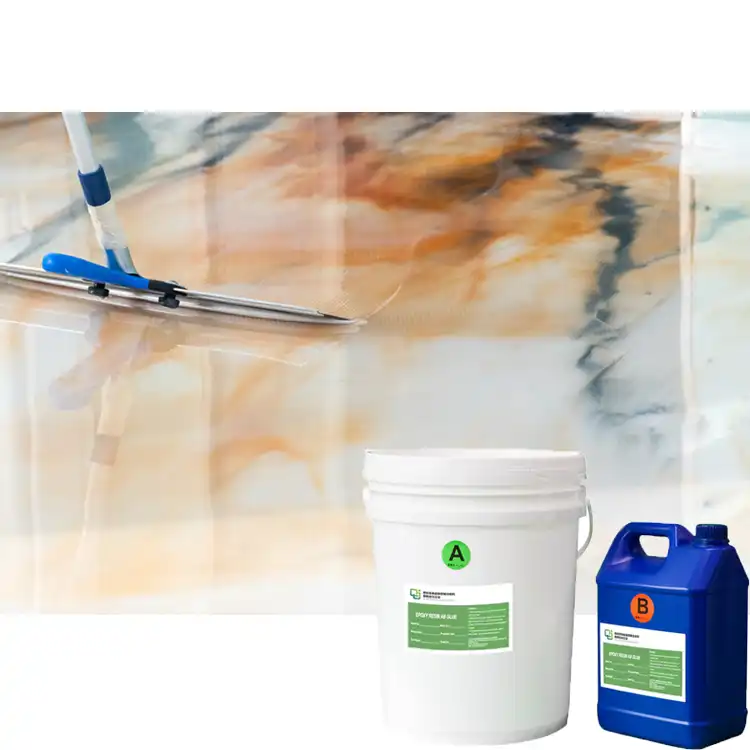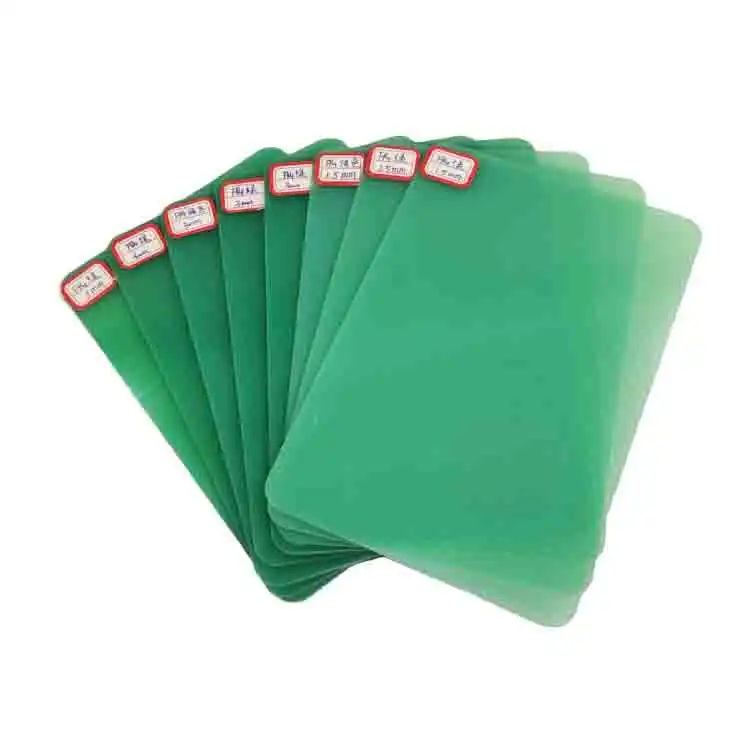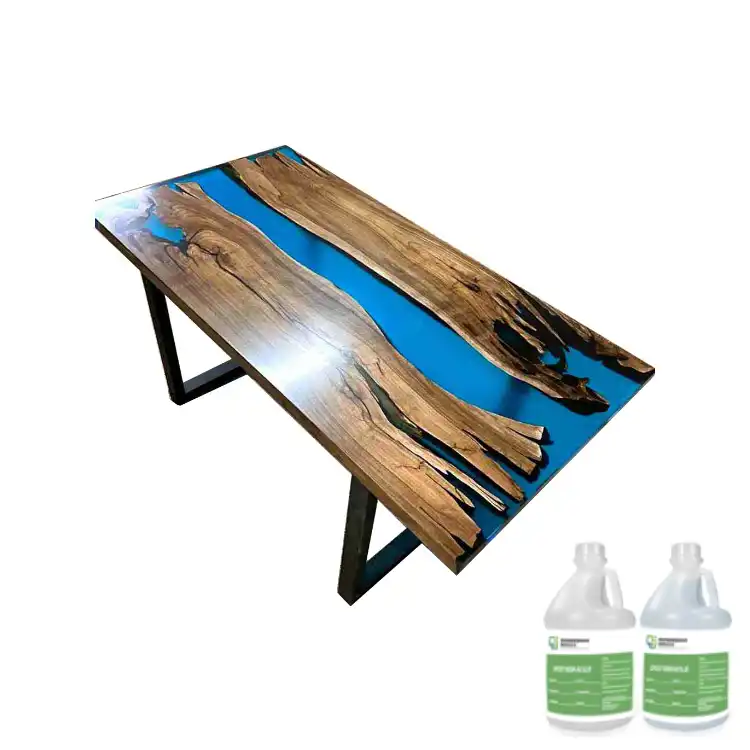What are the thermal and electrical insulation properties of phenolic cotton laminated sheets?
2024-12-18 17:26:54
Phenolic cotton laminated sheets are well-regarded for their exceptional thermal and electrical insulation properties. These sheets, made by impregnating layers of cotton fabric with phenolic resin and compressing them under high heat, offer superior insulation capabilities. Their high dielectric strength makes them ideal for electrical insulation, while their excellent heat resistance ensures they can withstand high temperatures without degrading. These properties are crucial for industries that require reliable insulation in harsh environments, such as electrical engineering, automotive, and heavy machinery. Additionally, phenolic cotton laminated sheets provide notable mechanical strength and dimensional stability, making them versatile for various applications.
Understanding Phenolic Cotton Laminated Sheets
Composition and Manufacture of Phenolic Cotton Laminated Sheets
Phenolic cotton laminated sheets, also referred to as phenolic cotton cloth laminate sheet 3026, are composed of cotton fabric layers impregnated with phenolic resin. The manufacturing process involves layering cotton fabric, which gives the material its mechanical strength, and bonding it with phenolic resin, a thermosetting resin that imparts electrical and thermal insulation properties. These layers are then compressed under heat and pressure to form a dense, solid sheet. The result is a material that offers a combination of toughness, durability, and insulation, making it indispensable in a variety of high-demand applications.
The key component, phenolic resin, is known for its excellent heat resistance, low moisture absorption, and high dielectric strength. These attributes enhance the overall performance of the laminated sheets, making them suitable for environments where both thermal and electrical insulation are critical.
Thermal Insulation Properties: Resisting High Heat
The thermal insulation properties of phenolic cotton laminated sheets are one of their most valuable features. These sheets can withstand high temperatures without losing their structural integrity or insulation performance. This resistance to heat is attributed to the phenolic resin, which provides a stable thermal barrier.
Phenolic cotton laminated sheets typically exhibit a heat resistance of up to 120°C to 150°C, depending on the specific grade and formulation. These sheets do not soften or melt under high temperatures, making them reliable for applications involving prolonged exposure to heat. In industries like automotive manufacturing or heavy machinery, where components are exposed to high operational temperatures, these insulation materials prevent heat transfer, protecting sensitive components and reducing the risk of overheating or fire hazards.
The sheets also display low thermal conductivity, meaning they slow the transfer of heat, which is essential for maintaining system efficiency and safety. Their ability to resist thermal degradation ensures long-term reliability, even in demanding environments.
Electrical Insulation Properties: High Dielectric Strength
Phenolic cotton laminated sheets are equally known for their outstanding electrical insulation properties. With excellent dielectric strength, these sheets can prevent electrical breakdown even under high voltages. This makes them ideal for applications that require the insulation of electrical components or systems.
The dielectric strength of phenolic cotton laminated sheets can exceed 10 kV/mm, depending on the thickness and specific formulation. This high dielectric performance is critical in industries such as electrical equipment manufacturing, where insulation materials must prevent short circuits, electrical arcing, or other issues caused by electrical leakage.
Moreover, the sheets' low moisture absorption helps maintain their electrical insulation properties even in humid or moist environments. Electrical insulators that absorb moisture can become conductive, leading to failures in electrical systems. Phenolic cotton laminated sheets, however, retain their insulating properties even in challenging environments, making them a reliable choice for electrical applications.
Applications of Phenolic Cotton Laminated Sheets in Various Industries
Electrical and Electronics Industry: Ensuring Safety and Performance
The electrical and electronics industry is one of the primary sectors that benefit from the use of phenolic cotton laminated sheets. These sheets are widely used in the manufacturing of electrical insulators, switchboards, circuit breakers, and transformers. Their high dielectric strength and thermal resistance ensure that they can safely insulate electrical components and prevent potential hazards such as electrical arcing or short circuits.
In circuit boards, for example, phenolic cotton laminated sheets are often used as a base material due to their ability to provide insulation while supporting intricate circuitry. The material's dimensional stability ensures that it remains intact even when exposed to varying temperatures, which is crucial for maintaining the functionality and safety of electrical systems.
Additionally, these sheets are used in electric motor and generator manufacturing, where they help insulate wire windings and other components, ensuring the safe operation of these machines under high voltage and heat conditions.
Automotive Industry: Handling High Temperatures and Wear
In the automotive industry, phenolic cotton laminated sheets offer a range of benefits due to their thermal insulation properties. Automotive components, especially in internal combustion engines, are exposed to high temperatures and mechanical stress. Phenolic cotton laminated sheets are used in the production of gaskets, brake pads, and other critical components that require both heat resistance and mechanical strength.
For instance, brake pads made with phenolic cotton laminated sheets provide excellent wear resistance and can withstand the high frictional heat generated during braking. This makes them ideal for heavy-duty vehicles and high-performance cars, wherecomponents are exposed to extreme conditions. Additionally, these sheets are used in engine insulation, where they help reduce heat transfer from the engine to other components, ensuring that the vehicle operates safely and efficiently.
In electric vehicles (EVs), where electrical insulation is crucial, phenolic cotton laminated sheets are used to protect wires, connectors, and battery systems from potential electrical faults. Their combination of both thermal and electrical insulation properties makes them a versatile material for modern automotive engineering.
Industrial Machinery: Durability in Harsh Environments
Phenolic cotton laminated sheets find broad applications in the industrial machinery sector, particularly in environments where heat, wear, and electrical insulation are critical factors. These sheets are often used in manufacturing mechanical parts, such as gears, bearings, and bushings, which require materials that can withstand both mechanical stress and high temperatures.
For example, in heavy-duty industrial equipment, phenolic cotton laminated sheets are used in the production of sliding bearings and guide rails. Their self-lubricating properties, combined with their ability to resist frictional heat and wear, make them ideal for machinery that operates continuously under heavy loads. Additionally, their insulating properties ensure that they can be safely used in machines where electrical components are in close proximity to moving parts.
In power generation systems, phenolic cotton laminated sheets are utilized in the insulation of turbines, generators, and transformers, where their excellent dielectric strength and ability to resist high temperatures ensure the reliable operation of these critical systems.

Key Considerations When Choosing Phenolic Cotton Laminated Sheets
Thickness and Grade Selection
One of the important factors to consider when choosing phenolic cotton laminated sheets is the thickness and grade of the material. Different grades of phenolic cotton laminated sheets offer varying levels of insulation, mechanical strength, and heat resistance. For example, phenolic cotton cloth laminate sheet 3026 is a common grade that provides excellent electrical insulation and mechanical durability, making it suitable for a wide range of applications.
When selecting the right sheet for a particular application, it is essential to consider the operational environment, the required mechanical properties, and the level of insulation needed. Thicker sheets generally offer better insulation, but they may also be more rigid, which could affect their suitability for certain applications.
Moisture and Chemical Resistance
While phenolic cotton laminated sheets have low moisture absorption, it’s important to evaluate the specific environmental conditions where the material will be used. In applications exposed to high levels of humidity or chemicals, selecting a grade with enhanced moisture and chemical resistance may be necessary to ensure long-term performance.
Some phenolic cotton laminated sheets are treated with additional coatings or additives to improve their resistance to moisture and chemicals, making them ideal for use in marine, chemical processing, or humid environments.
Compliance with Industry Standards
When using phenolic cotton laminated sheets in critical applications, it is essential to ensure that the material complies with industry standards and regulations. For example, many electrical applications require materials to meet specific dielectric strength and fire resistance standards to ensure safety and reliability.
Working with reputable manufacturers that provide certified phenolic cotton laminated sheets ensures that the materials meet the required specifications and perform as expected in demanding environments.
Conclusion
Phenolic cotton laminated sheets are a versatile and reliable solution for industries requiring superior thermal and electrical insulation. Their ability to withstand high temperatures, resist electrical breakdown, and endure mechanical stress makes them indispensable for applications in the electrical, automotive, and industrial machinery sectors. These sheets provide long-lasting performance, balancing mechanical durability with excellent insulation properties, ensuring the safety and efficiency of various systems.
Contact Us
For over 20 years, J&Q has built expertise in manufacturing high-quality insulating sheets, including phenolic cotton laminated sheet and phenolic cotton cloth laminate sheet 3026. Our products are trusted globally, and we are committed to providing tailored solutions that meet the highest industry standards. If you would like to learn more about our phenolic cotton laminated sheets or require assistance with your specific application, please contact us at: info@jhd-material.com.
References
1. "Manufacturing Processes of Phenolic Laminates." Industrial Insulation Handbook, 2020.
2. "Dielectric Properties of Phenolic Resins in Electrical Insulation." Journal of Electrical Engineering Studies, 2019.
3. "Thermal Resistance of Phenolic-Based Laminates." Materials Science and Heat Engineering, 2021.
4. "Applications of Cotton-Based Laminated Sheets in Automotive Engineering." Automotive Materials Review, 2020.
5. "Phenolic Laminates in High Voltage Electrical Systems." International Journal of Electrical Insulation, 2022.
6. "Mechanical Properties of Phenolic Laminates in Industrial Machinery." Journal of Mechanical Engineering and Materials Science, 2021.




_1732777843529.webp)


